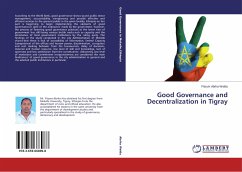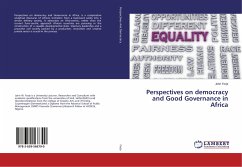The 20th century saw regime experiments created to promote good (democratic) government to improve regime performance. The book underlines that the Movement participatory experiment in Uganda was created to achieve responsiveness, effectiveness, and hence legitimacy and stability. Unlike its counterparts, the Movement experiment fairly achieved its stated goals. By 2011, however, its performace plummeted and the costs emerged as civil protests and regime refusal to respect, defend and uphold the basic individual rights and freedoms. Aware that democracy is a matter of degree to which certain principles are realised, not a stste of fineness. the analysis highlights that no polity should fail to meet citizen demands and uphold individual rights and freedoms. A dictatorship might deliver public services effectively, but to survive, it should also be responsive, and sensitive to individual rights and freddoms. As the first comprehensive empirical study on the linkages between responsiveness, effectiveness, and legitimacy and stability in Uganda. the book is a valuable reference for students of politics and democracy, policy makers and anyone interested in Uganda and the theme of study.
Bitte wählen Sie Ihr Anliegen aus.
Rechnungen
Retourenschein anfordern
Bestellstatus
Storno








